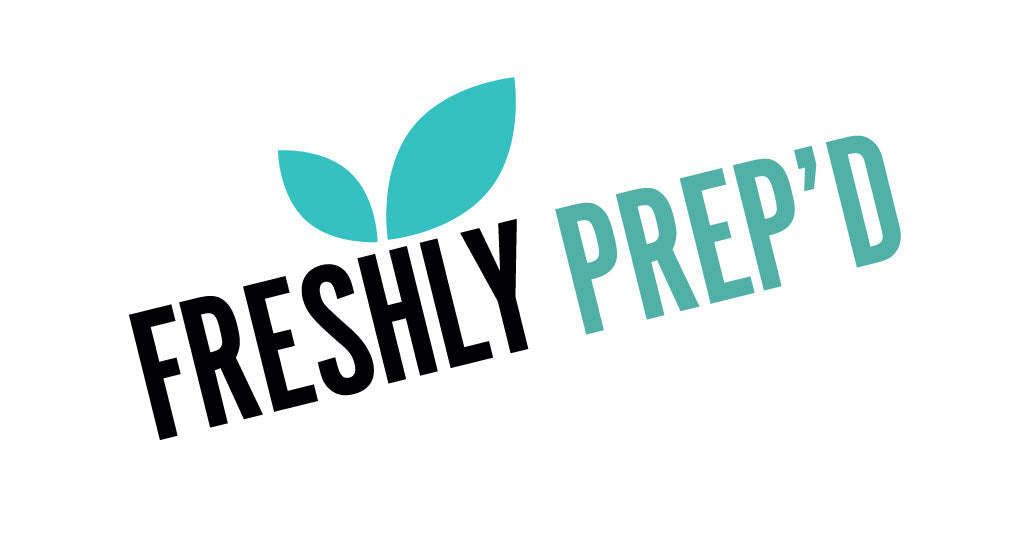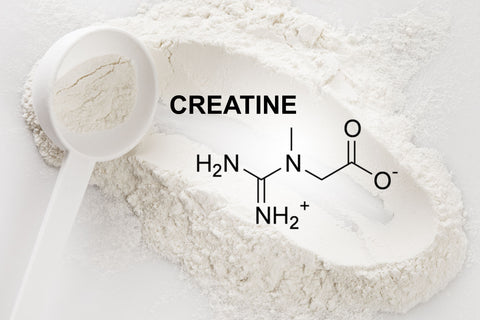-
Creatine is a naturally occurring compound found in small amounts in foods like meat and fish. It plays a vital role in providing energy to the muscles during high-intensity exercise. Creatine supplements, such as creatine monohydrate, are commonly used by athletes and fitness enthusiasts to enhance performance and promote muscle strength and growth.
-
Before starting any supplement, it's important to understand your fitness goals and assess whether creatine is suitable for you. Creatine is generally safe for healthy individuals, but if you have pre-existing medical conditions, such as kidney problems, it's recommended to consult with a healthcare professional before starting creatine supplementation.
-
Creatine is available in various forms, but creatine monohydrate is the most widely used and studied. It is affordable, effective, and well-tolerated. When it comes to dosage, a common approach is to start with a loading phase of 20 grams per day for 5-7 days, divided into 4-5 equal doses. After the loading phase, a maintenance dose of 3-5 grams per day is recommended. However, it's important to note that some individuals may respond differently, and a lower dose of 3-5 grams per day from the beginning can also be effective.
-
Creatine can be taken at any time of the day, but many people prefer taking it around their workout sessions for better absorption and utilisation by the muscles. It can be mixed with water, juice, or a protein shake. It's essential to drink plenty of fluids when supplementing with creatine to maintain proper hydration.
Remember, creatine is not a magical solution, and it should be combined with a well-balanced diet and regular exercise for optimal results. It's also important to note that individual responses to creatine may vary, and it may not provide the same benefits for everyone. If you experience any adverse effects or have concerns, it's best to consult with a healthcare professional.



